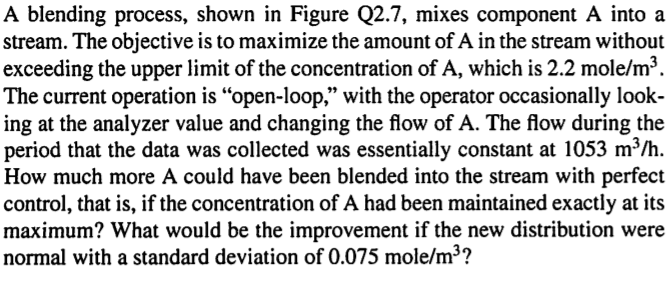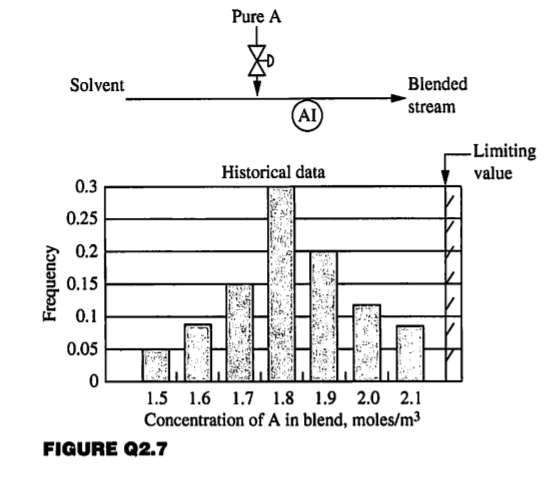Answered step by step
Verified Expert Solution
Question
1 Approved Answer
For the final question, assume that the peak of the normal distribution is at the same position as the peak of the actual data (i.e.,

 For the final question, assume that the peak of the normal distribution is at the same position as the peak of the actual data (i.e., at = 1.8 mol/m^3). Thanks!
For the final question, assume that the peak of the normal distribution is at the same position as the peak of the actual data (i.e., at = 1.8 mol/m^3). Thanks!

Step by Step Solution
There are 3 Steps involved in it
Step: 1

Get Instant Access to Expert-Tailored Solutions
See step-by-step solutions with expert insights and AI powered tools for academic success
Step: 2

Step: 3

Ace Your Homework with AI
Get the answers you need in no time with our AI-driven, step-by-step assistance
Get Started


